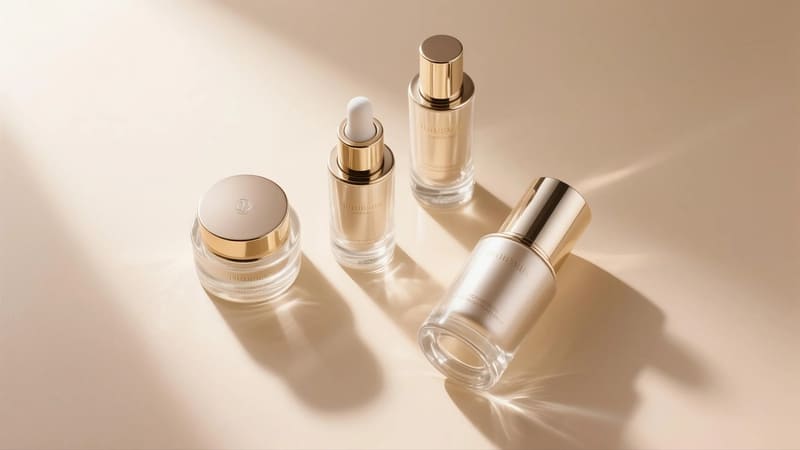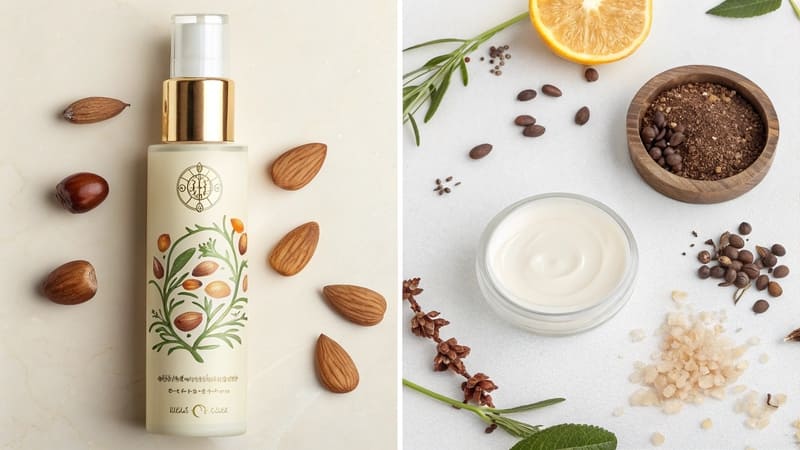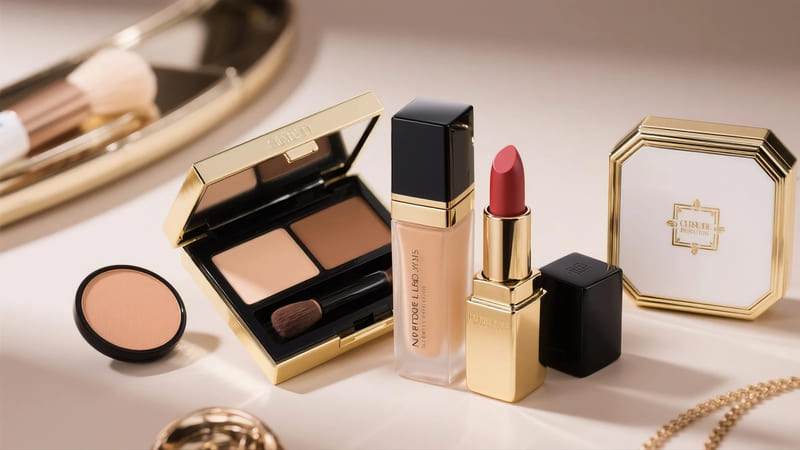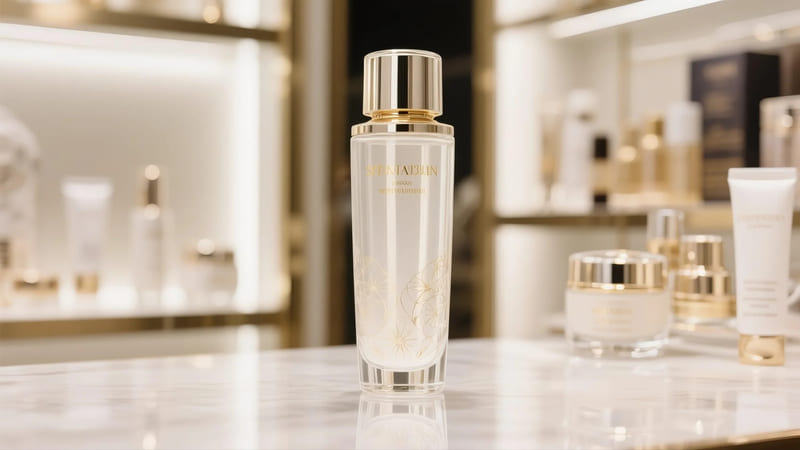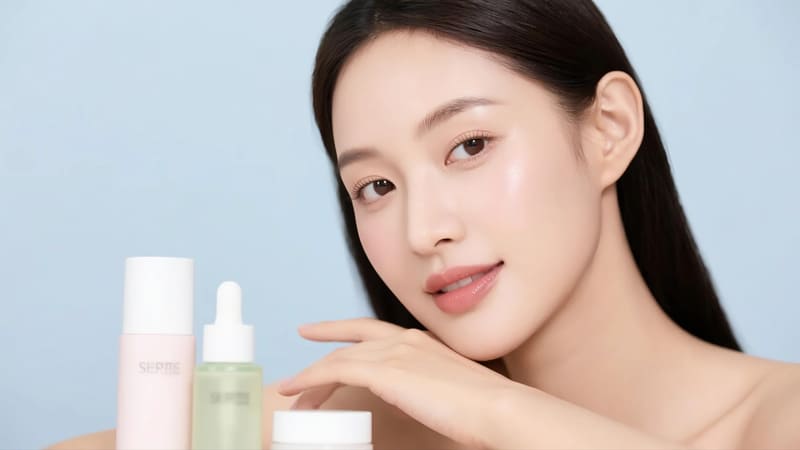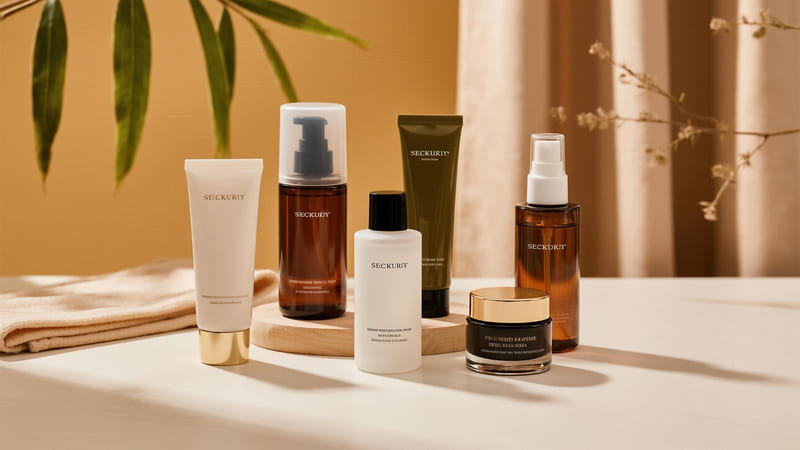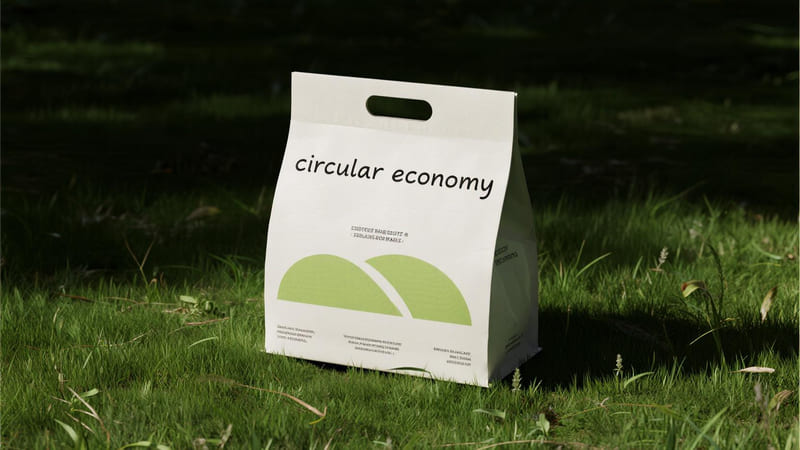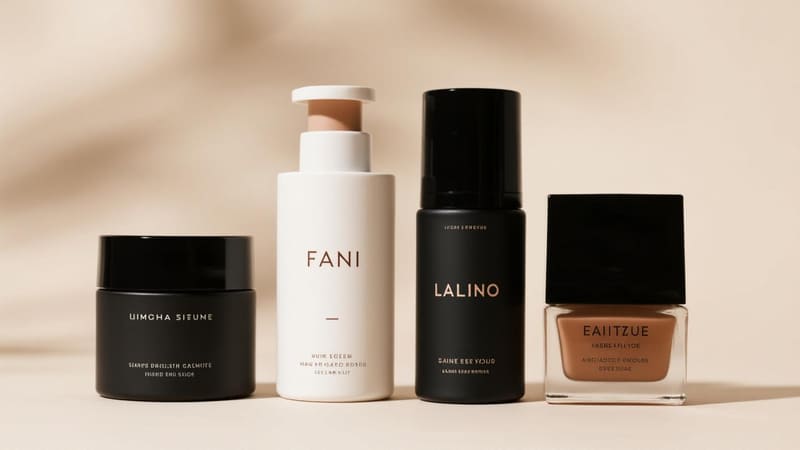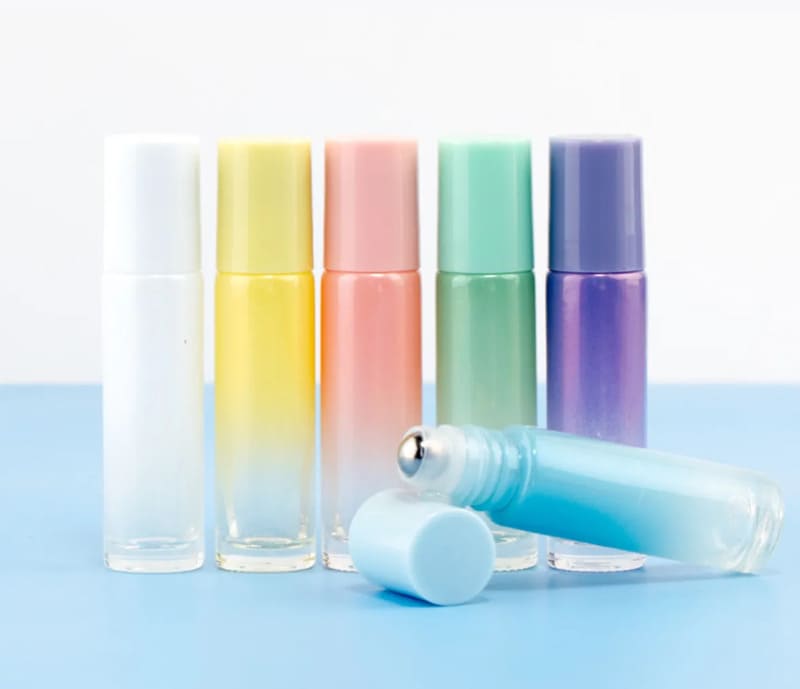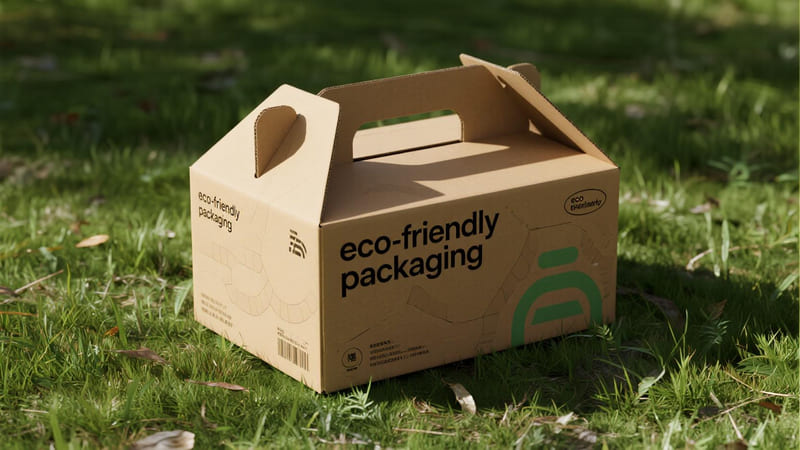The allure of luxury skincare is undeniable – the elegant packaging, the promise of rare ingredients, and the aspirational lifestyle they often represent. But beyond the glamour, what tangible benefits might these often costly potions offer your skin?
Potential benefits of using luxury skincare products can include access to cutting-edge, proprietary ingredients and advanced formulation technologies, higher concentrations of certain active ingredients, a more sophisticated and enjoyable user experience (texture, scent, packaging), and sometimes, more extensive research and clinical testing backing their efficacy claims.
While not all luxury skincare lives up to its hype, the best in this category often invest significantly in aspects that can translate to real skin benefits. As someone who has worked closely with brands on their premium packaging at ShineTop for over 20 years, I understand the emphasis on quality and experience that defines this market. Let’s explore what sets these products apart.
Why is Expensive Skincare Better?
The common assumption is that a higher price tag equates to a better product. While this isn’t always true in skincare, there are reasons why some expensive products can offer superior performance or a more refined experience.
Expensive skincare can be better if the higher cost is due to significant investment in research and development, unique patented ingredients or delivery systems, higher concentrations of proven active ingredients, superior formulation quality (e.g., more elegant, less irritating bases), or rigorous clinical testing. However, price alone is not a guarantee of superiority; efficacy depends on the specific formulation and individual skin needs.
"Better" is subjective, but here’s where the extra cost in some expensive skincare might be justified:
-
Investment in Research & Development (R&D):
- Leading luxury brands often have extensive R&D departments dedicated to discovering novel ingredients, developing patented technologies (like unique peptide complexes or growth factors), and creating advanced delivery systems that help active ingredients penetrate the skin more effectively and remain stable. This innovation is costly.
-
Proprietary and High-Quality Ingredients:
- Some luxury products feature exclusive, rare, or meticulously sourced botanical extracts, marine ingredients, or bio-engineered components that are not readily available in mass-market products. The quality and purity of even common ingredients might also be higher.
-
Higher Concentrations of Actives (Potentially):
- While not a universal rule (and transparency varies), some expensive products may contain higher, clinically studied concentrations of effective ingredients like stable forms of Vitamin C, potent retinoids, or specific peptides. However, it’s crucial to verify this, as "fairy dusting" (using tiny, ineffective amounts for marketing) also occurs.
-
Sophisticated Formulations & Textures:
- The "base" formulation (emollients, emulsifiers, thickeners) can significantly impact how a product feels and performs. Luxury brands often invest in creating elegant, cosmetically pleasing textures that are non-greasy, absorb well, and are less likely to cause irritation. They might also avoid common fillers or irritants.
-
Advanced Delivery Systems:
- Encapsulation technologies or specialized carrier molecules can improve the stability of volatile ingredients (like retinol or Vitamin C) and enhance their delivery to targeted skin layers, potentially increasing efficacy and reducing irritation.
-
Rigorous Testing & Clinical Trials:
- Some high-end brands conduct independent clinical studies (in-vivo or in-vitro) to validate their product claims and demonstrate efficacy. This adds a layer of scientific credibility but also significant cost.
-
Exquisite Packaging & User Experience:
- This is where ShineTop often plays a role. Luxury packaging (e.g., airless pumps, weighted glass, UV-protective materials) can help protect sensitive formulations. Beyond that, the aesthetic appeal, tactile feel, and even subtle fragrance contribute to a luxurious ritual that can encourage consistent use, which is key to seeing results.
However, "expensive" doesn’t automatically mean "better" if:
- The high price is primarily due to marketing, elaborate packaging without functional benefit for the formula, or brand prestige alone.
- The ingredient list doesn’t justify the cost (e.g., basic ingredients with minimal actives).
- The product contains known irritants despite the high price.
Discernment is key. Reading ingredient lists, understanding your skin’s needs, and researching brand claims are more important than just looking at the price.
What are the Benefits of Luxury Makeup?
Similar to skincare, luxury makeup often promises a superior experience and performance. The benefits can extend beyond just the color payoff or coverage.
Benefits of luxury makeup can include superior textures and blendability, higher pigment concentration for better color payoff and longevity, finely milled powders for a smoother application, innovative formulas with added skincare benefits, and more sophisticated and durable packaging that enhances the user experience and product lifespan.
Luxury makeup aims to provide not just color, but also a refined application experience and often, better wear.
Potential Advantages of Luxury Makeup:
-
Superior Textures & Finishes:
- Foundations may feel more lightweight and skin-like, blending seamlessly.
- Eyeshadows and blushes are often more finely milled, resulting in a smoother, less chalky application and better blendability.
- Lipsticks can have creamier, more hydrating textures.
-
Higher Pigment Load & Color Payoff:
- Luxury brands often use higher concentrations of high-quality pigments, leading to richer, more vibrant color with fewer applications and potentially longer wear.
-
Innovative Formulas & Skincare Hybrids:
- Many luxury makeup products now incorporate skincare ingredients (e.g., hyaluronic acid in foundation, peptides in lip treatments, antioxidants in powders) aiming to provide benefits beyond just coverage or color.
-
Longevity & Performance:
- Formulations may be designed for longer wear, better resistance to creasing, fading, or transferring.
-
Sophisticated Packaging & Application Tools:
- This is a significant factor. Luxury makeup often comes in weighted, beautifully designed compacts, tubes, and bottles that feel substantial and look elegant.
- Integrated brushes or applicators are typically of higher quality.
- The packaging itself (e.g., a Chanel lipstick case, a Dior powder compact) becomes a desirable accessory. At ShineTop, we craft many such high-end components.
-
Wider & More Nuanced Shade Ranges (Sometimes):
- Some luxury brands invest in developing extensive and finely-tuned shade ranges for foundations and concealers to cater to a broader spectrum of skin tones.
-
Reduced Risk of Irritation (Potentially):
- Some luxury brands may be more meticulous about avoiding common irritants or allergens in their formulations, though this is not universal.
As with skincare, the "benefit" is realized if the product truly delivers on these promises for the individual user. A beautifully packaged luxury lipstick that feels wonderful to apply and wears well can be a worthwhile indulgence.
What Makes Skincare Luxury?
"Luxury" in skincare is more than just a high price. It’s a constellation of factors that contribute to an elevated product, experience, and brand perception.
Skincare becomes "luxury" through a combination of factors: high-quality, often rare or proprietary ingredients; advanced scientific research and formulation technology; sophisticated and aesthetically pleasing packaging; a focus on sensory experience (texture, scent); strong brand heritage or exclusivity; and often, a premium price point that reflects these elements and creates an aspirational appeal.
It’s an ecosystem where product efficacy, sensory pleasure, and brand storytelling converge.
Defining Pillars of Luxury Skincare:
-
Ingredient Story & Efficacy:
- Unique/Rare Ingredients: Sourced from exotic locations, derived from unique biological processes (e.g., specific ferments, extremophiles), or bio-engineered.
- Patented Technologies/Complexes: Exclusive ingredient blends or delivery systems developed through proprietary research.
- High Purity & Concentration (Claimed): Emphasis on the quality and effective levels of active ingredients.
-
Scientific Backing & Innovation:
- Investment in R&D, clinical trials, and partnerships with dermatologists or research institutions.
- Focus on cutting-edge dermatological advancements.
-
Formulation Excellence:
- Elegant textures that feel pleasant on the skin (e.g., silky serums, cushiony creams).
- Sophisticated emulsification and stabilization techniques.
- Often, a subtle, refined fragrance (or fragrance-free options for sensitive skin, which can also be a luxury choice).
-
Exquisite Packaging:
- Materials: Heavy glass, high-grade acrylics, metal accents, custom-designed components.
- Design: Aesthetically beautiful, often minimalist or artfully ornate, reflecting the brand’s identity.
- Functionality: Airless pumps, UV protection, precise dispensers that protect the formula and enhance usability.
- Unboxing Experience: The entire presentation is curated to feel special. This is a core competency of ShineTop.
-
Brand Heritage & Exclusivity:
- Established brands with a long history of luxury (e.g., Guerlain, Sisley) or newer brands that cultivate an image of exclusivity and high science (e.g., Augustinus Bader).
- Limited distribution channels can add to the allure.
-
Sensory Experience:
- The entire ritual of using the product – from opening the beautiful jar to the feel of the product on the skin and its subtle scent – is designed to be indulgent and pleasurable.
-
Premium Price Point:
- While not the sole determinant, a higher price is an inherent characteristic, reflecting the investment in the above factors and contributing to the perception of exclusivity.
Mohammed, my client from Iraq, curates luxury gift sets. He specifically chooses skincare items for these sets that embody these luxury characteristics – from the ingredient story to the feel of the product and, crucially, the opulence of its packaging, which we at ShineTop help him create.
What are the Benefits of Skincare Products?
Regardless of whether they are luxury or budget-friendly, the fundamental purpose of skincare products is to improve and maintain the health and appearance of the skin.
The benefits of using skincare products include cleansing the skin of impurities, providing hydration and moisture, protecting the skin from environmental damage (like UV rays and pollution), addressing specific concerns (e.g., acne, aging, hyperpigmentation, sensitivity), improving skin texture and tone, and promoting overall skin health and a more radiant appearance.
A consistent skincare routine using appropriate products can yield significant improvements in skin health and appearance.
Core Benefits Provided by Skincare Products:
-
Cleansing:
- Removes dirt, oil, makeup, pollutants, and dead skin cells, preventing clogged pores and breakouts.
-
Hydration & Moisturization:
- Replenishes and locks in moisture, preventing dryness, flakiness, and improving skin barrier function. Key ingredients include humectants (hyaluronic acid, glycerin), emollients (ceramides, squalane), and occlusives (petrolatum, shea butter).
-
Protection:
- Sun Protection (SPF): Shields skin from harmful UV radiation, preventing sunburn, premature aging (wrinkles, age spots), and reducing skin cancer risk.
- Antioxidant Protection: Neutralizes free radicals from pollution and UV exposure, preventing cellular damage. (e.g., Vitamin C, Vitamin E, Ferulic Acid).
-
Targeted Treatment for Specific Concerns:
- Anti-Aging: Ingredients like retinoids, peptides, growth factors, and AHAs can help reduce the appearance of fine lines, wrinkles, and improve firmness.
- Acne & Blemishes: Ingredients like salicylic acid (BHA), benzoyl peroxide, sulfur, and tea tree oil can help manage breakouts.
- Hyperpigmentation (Dark Spots): Ingredients like Vitamin C, niacinamide, alpha arbutin, licorice root extract, and hydroquinone (prescription) can help fade discoloration.
- Redness & Sensitivity: Ingredients like niacinamide, centella asiatica (cica), ceramides, and oat extract can help calm and soothe irritated skin.
-
Improved Skin Texture & Tone:
- Exfoliants (AHAs, BHAs, enzymes) remove dead skin cells, revealing smoother, brighter skin.
- Ingredients that boost collagen production can improve skin firmness and elasticity.
-
Enhanced Overall Skin Health & Appearance:
- A consistent routine helps maintain a healthy skin barrier, leading to skin that looks and feels more balanced, radiant, and youthful.
-
Psychological Well-being:
- The ritual of skincare can be a form of self-care, reducing stress and boosting confidence.
Whether luxury or not, the key is to choose products with effective ingredients for your skin type and concerns and to use them consistently. The "benefit" comes from the formulation and regular use, not necessarily the price tag alone.
Conclusion
Luxury skincare products can offer distinct benefits through advanced ingredients, sophisticated formulations, and a superior user experience, including elegant and functional packaging. While not all expensive products are inherently "better," those backed by genuine research and high-quality components can be a worthwhile investment for individuals seeking specific results or a more indulgent routine. Ultimately, the true benefit of any skincare, luxury or otherwise, lies in its ability to improve skin health and address individual concerns effectively when used consistently.

